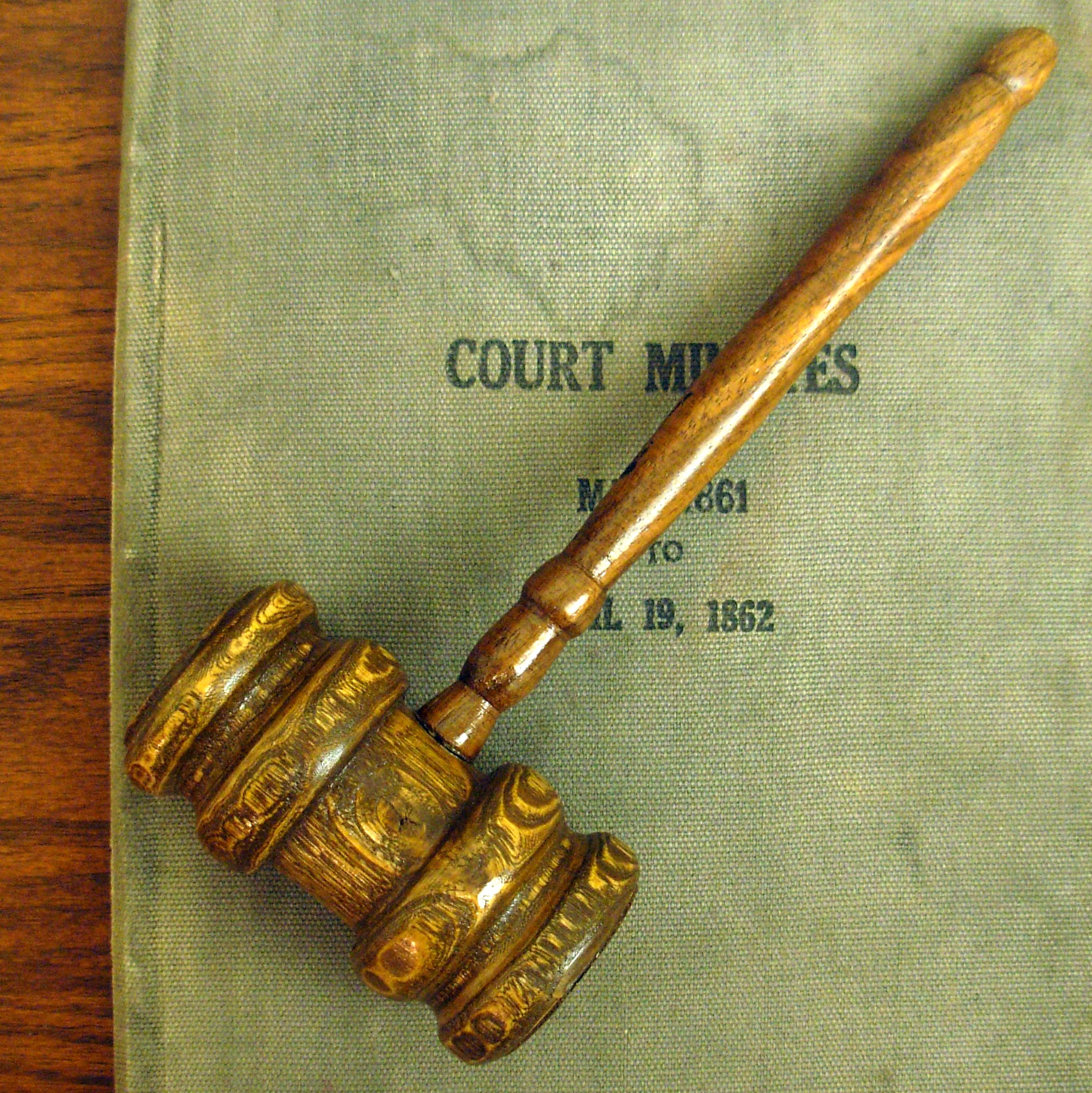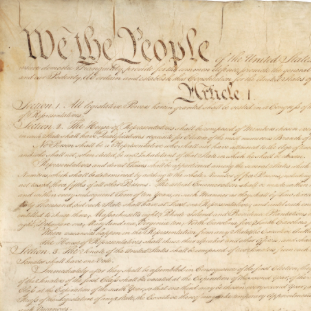This is not a Second Amendment case, but rather one of statutory interpretation with the Lautenberg Amendment, which prohibits people convicted of Misdemeanor Crimes of Domestic Violence (MCDV) from possessing firearms. The question is whether reckless conduct qualifies as a MCDV, or whether the federal statute requires knowing, intentional conduct. The Court ruled that the statute makes no distinction. Justice Thomas dissented, with Sotomayor joining parts I and II of his dissent. Part III of Justice Thomas’s dissent argued that because this is dealing with a fundamental constitutional right, that the Court should read the statute narrowly to avoid the constitutional issue. From Thomas’s dissent:
Finally, and most problematic for the majority’s ap- proach, a person could recklessly unleash force that reck- lessly causes injury. Consider two examples:
1. The Text-Messaging Dad: Knowing that he should not be texting and driving, a father sends a text mes- sage to his wife. The distraction causes the father to rear end the car in front of him. His son, who is a passenger, is injured.
2. The Reckless Policeman: A police officer speeds to a crime scene without activating his emergency lights and siren and careens into another car in an intersec- tion. That accident causes the police officer’s car to strike another police officer, who was standing at the intersection. See Seaton v. State, 385 S. W. 3d 85, 88 (Tex. App. 2012).
In these cases, both the unleashing of the “force†(the car crash) and the resulting harm (the physical injury) were reckless. Under the majority’s reading of §921(a) (33)(A)(ii), the husband “use[d] . . . physical force†against his son, and the police officer “use[d] . . . physical force†against the other officer.
But this category is where the majority and I part com- pany. These examples do not involve the “use of physical force†under any conventional understanding of “use†because they do not involve an active employment of something for a particular purpose.
This strikes me as correct, and an unintended consequence of the majority’s thinking. Here’s another passage from Part III of Thomas’ dissent:
A mother who slaps her 18-year-old son for talking back to her—an intentional use of force—could lose her right to bear arms forever if she is cited by the police under a local ordinance. The majority seeks to expand that already broad rule to any reckless physical injury or nonconsensual touch. I would not extend the statute into that constitutionally problematic territory …
… Today the majority expands §922(g)(9)’s sweep into patently unconstitutional territory. Under the majority’s reading, a single conviction under a state assault statute for recklessly causing an injury to a family member—such as by texting while driving—can now trigger a lifetime ban on gun ownership. And while it may be true that such incidents are rarely prosecuted, this decision leaves the right to keep and bear arms up to the discretion of federal, state, and local prosecutors.
Worth noting that no other justice was willing to join that.




